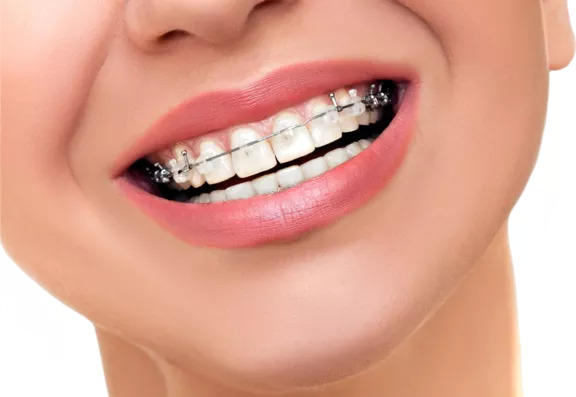Dento-Facial Orthodontics
The MSc Specialist Practice of Dento-Facial Orthodontics was developed in response to the dental profession's demand for a programme to answers the challenges of meeting increasing patient expectations in this special interest area.
Driven by media and new digital technologies dentists are expected to provide the latest advanced restorative treatments. This MSc Degree teaches how...
The MSc Specialist Practice of Dento-Facial Orthodontics was developed in response to the dental profession's demand for a programme to answers the challenges of meeting increasing patient expectations in this special interest area.
Driven by media and new digital technologies dentists are expected to provide the latest advanced restorative treatments. This MSc Degree teaches how optimum results in treatment outcome are dependant not only on excellent clinical skills but also on a sound understanding of these technologies if the pitfalls are to be avoided. Fees from £6,500 with bespoke options, discounts and financing options available that will be discussed during our virtual meeting.

Course Outline
C: Core / O: OptionalPatient Assessment and Risk Management
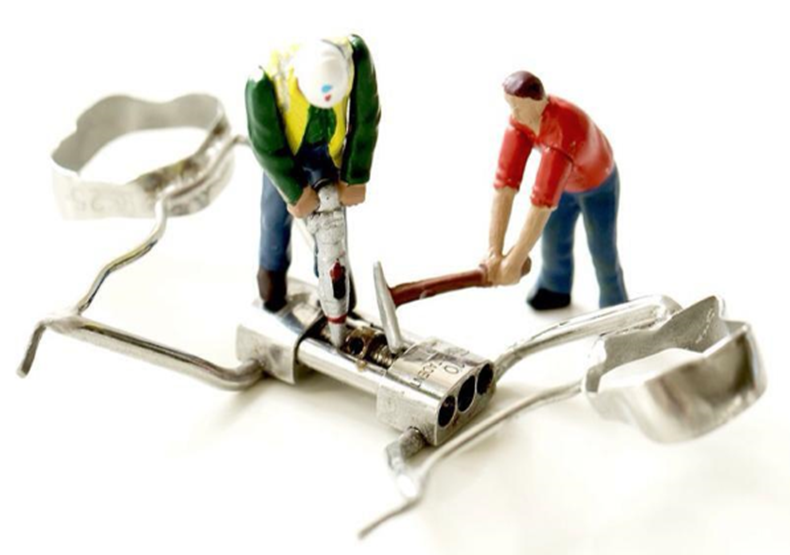 This module develops knowledge and understanding of the requirements essential to the safe clinical practice and application of advanced treatment modalities and the challenge of long term maintenance issues or complications. It aims to highlight potential orthodontic complications in treatment and for you to be able to develop risk assessment strategies to avoid or minimise complications in orthodontic therapy. These challenges can range from unacceptable aesthetics and poor treatment outcomes to irreversible occlusal abnormalities. As it is not possible to prevent all complications, this module also considers essential management strategies and the ethical issues of informed consent and managment of patient expectations.
This module develops knowledge and understanding of the requirements essential to the safe clinical practice and application of advanced treatment modalities and the challenge of long term maintenance issues or complications. It aims to highlight potential orthodontic complications in treatment and for you to be able to develop risk assessment strategies to avoid or minimise complications in orthodontic therapy. These challenges can range from unacceptable aesthetics and poor treatment outcomes to irreversible occlusal abnormalities. As it is not possible to prevent all complications, this module also considers essential management strategies and the ethical issues of informed consent and managment of patient expectations.
Reflective Clinical Practice
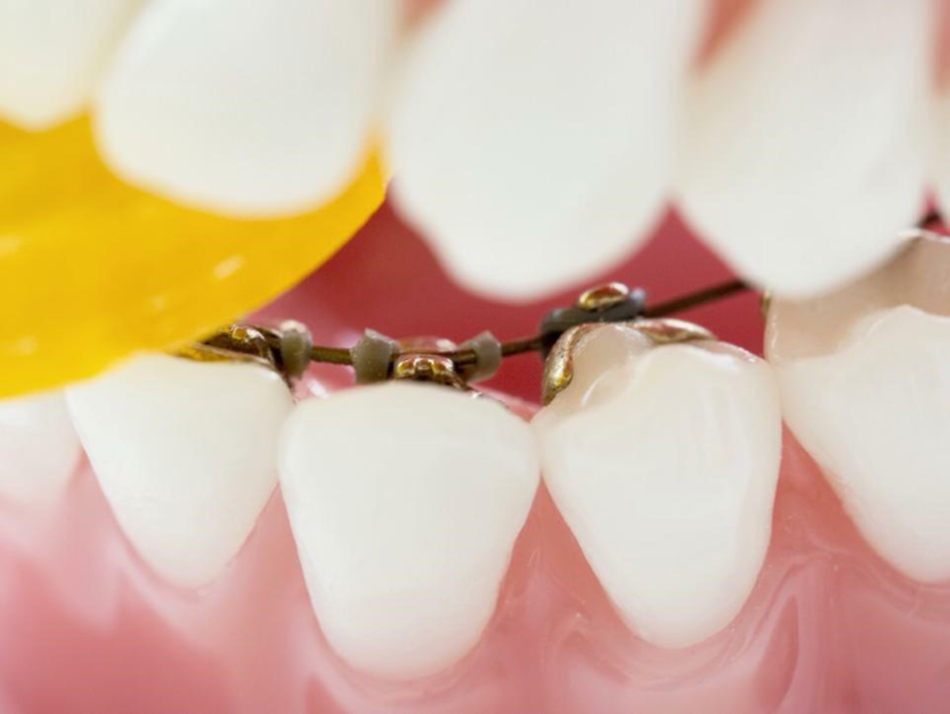 As an experienced dental professional, this optional module requires you to critically evaluate the value of your own knowledge base and to recognise and clarify the important connections between what you already know and what you intend to learn. It encourages information literacy, using contemporary and seminal sources in order to compile a critical evaluation of restorative and aesthetic practice to allow you to develop strategies to enhance practice.
As an experienced dental professional, this optional module requires you to critically evaluate the value of your own knowledge base and to recognise and clarify the important connections between what you already know and what you intend to learn. It encourages information literacy, using contemporary and seminal sources in order to compile a critical evaluation of restorative and aesthetic practice to allow you to develop strategies to enhance practice.
Reflective Professional Log
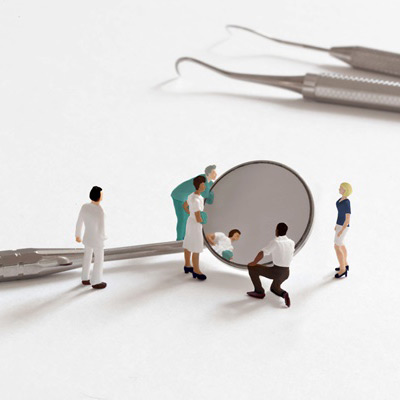 This module encourages you to critically reflect on your professional clinical and managerial practice in a specific field in order to explore questions which are fundamental to your professional development and eventual dissertation topic.
This module encourages you to critically reflect on your professional clinical and managerial practice in a specific field in order to explore questions which are fundamental to your professional development and eventual dissertation topic.
The module requires you to evaluate your own knowledge base and to recognise and clarify the important connections between what you already know and what you intend to learn.
It encourages information literacy, using contemporary and seminal sources in order to compile a critical evaluation of specialist practice to allow you to develop strategies to enhance your professional development.
Understanding Research and Critical Appraisal (URECA)
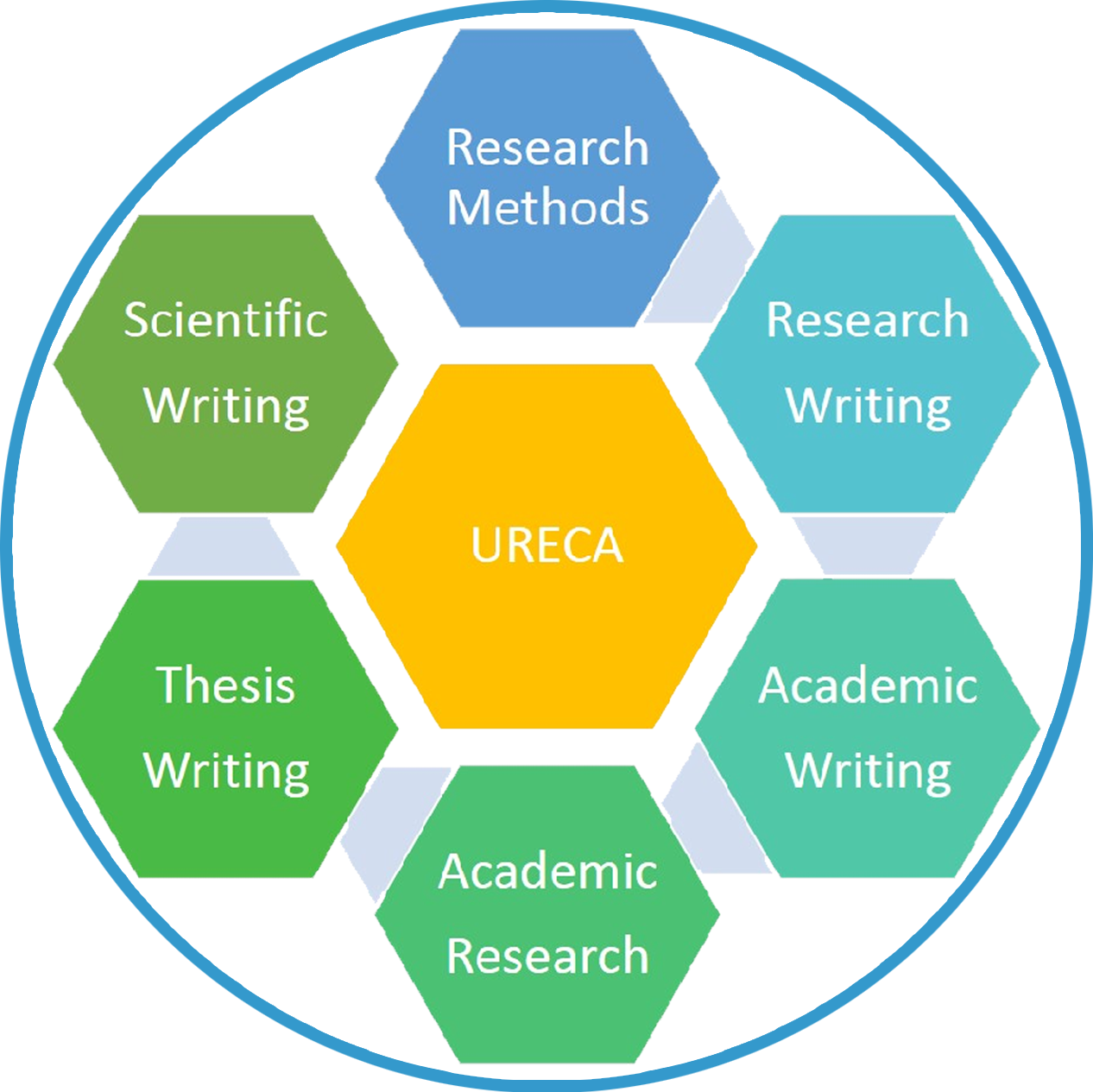 The aim of this module is to help you to develop research skills in order to identify your dissertation topic, make a detailed proposal and plan your research. It will develop the academic skills necessary for your study at Masters level. This comprehensive module covers clinical statistics, evidence-based practice, critical appraisal, measurement and research design, and explores their specific application in medical research and treatment.
The aim of this module is to help you to develop research skills in order to identify your dissertation topic, make a detailed proposal and plan your research. It will develop the academic skills necessary for your study at Masters level. This comprehensive module covers clinical statistics, evidence-based practice, critical appraisal, measurement and research design, and explores their specific application in medical research and treatment.
You will learn how to formulate realistic research objectives and an appropriate conceptual/analytical framework for your research. You will also learn how to identify, collate and critically review relevant evidence from the literature, and how to make informed decisions about which research philosophies, strategies and methods are applicable to your research.
Fixed Appliance Mechanics and Application
 This module teaches fixed appliance mechanics. You will learn the fundamental features of bracket design and the physical properties of orthodontic arch wires and how the combination of both brackets and arch wire selection influence tooth movement. You will also gain knowledge and understanding of theoretical and practical methods of how to bond and debond brackets safely and monitor treatment progress. The importance of anchorage in achieving controlled and predictable tooth movement will be emphasised.
This module teaches fixed appliance mechanics. You will learn the fundamental features of bracket design and the physical properties of orthodontic arch wires and how the combination of both brackets and arch wire selection influence tooth movement. You will also gain knowledge and understanding of theoretical and practical methods of how to bond and debond brackets safely and monitor treatment progress. The importance of anchorage in achieving controlled and predictable tooth movement will be emphasised.
Occlusal Diagnosis and Analysis
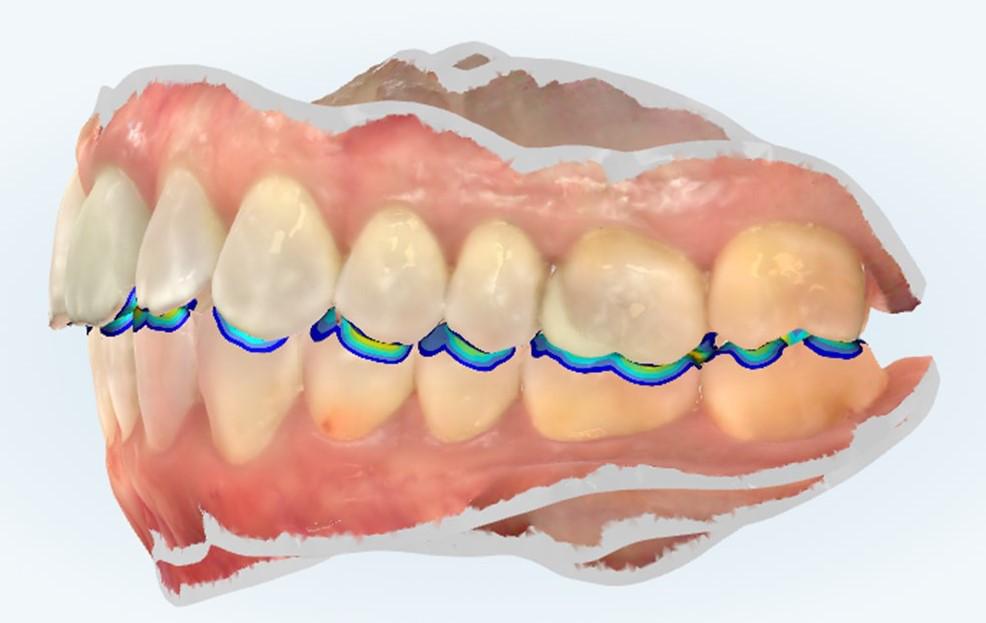 Patient aesthetic awareness coupled with the development of new orthodontic techniques, Implant and restorative rehabilitation have increased the number of adults seeking advanced dental treatment.
Patient aesthetic awareness coupled with the development of new orthodontic techniques, Implant and restorative rehabilitation have increased the number of adults seeking advanced dental treatment.
This has increased the likelihood of dentists having to diagnose and treat the occlusion as part of a larger treatment plan.
This multidisciplinary module considers the anatomy, aetiology and management of occlusion from an orthodontic and restorative perspective.
The aim of this module is to enable the dentist to effectively diagnose and formulate a treatment plan so that the patient can be treated with a comprehensive multidisciplinary approach.
Computer Assisted Design and Fabrication of Restorations
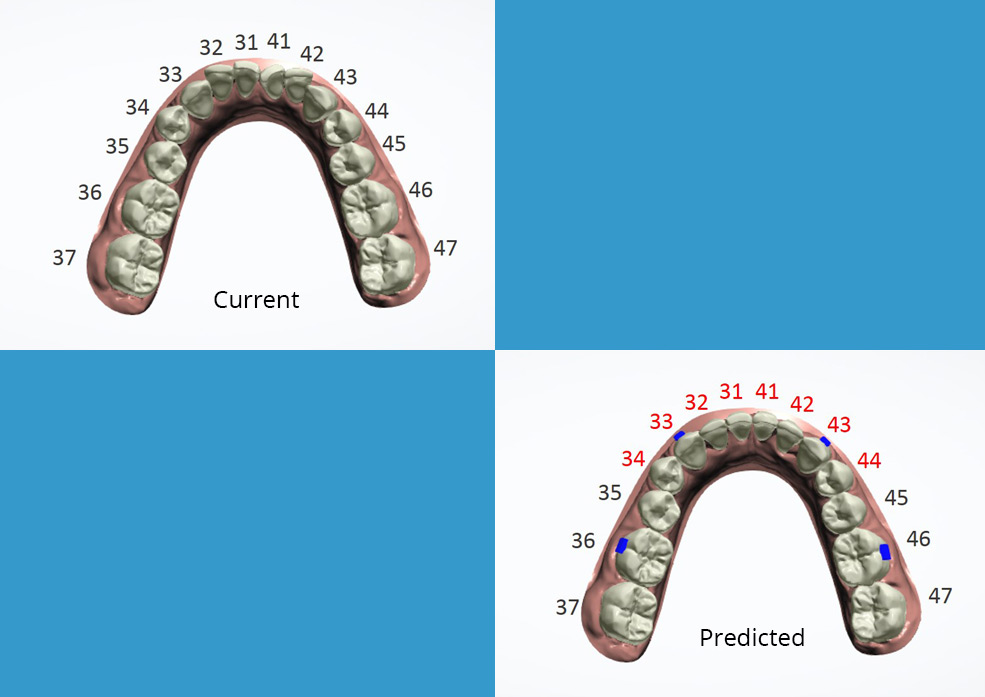 This module critically evaluates the latest computer assisted design and manufacturing technologies used in the practice of digital dentistry. It aims to give you experience in the use of commercial CADCAM systems and further develop your abilities in the production of implant guides and restorations. A familiarity with CAD software will be established. Dental computer packages will be used in order to develop a base level of competence and understanding. You will be encouraged to evaluate the significance and effectiveness of dental CADCAM systems.
This module critically evaluates the latest computer assisted design and manufacturing technologies used in the practice of digital dentistry. It aims to give you experience in the use of commercial CADCAM systems and further develop your abilities in the production of implant guides and restorations. A familiarity with CAD software will be established. Dental computer packages will be used in order to develop a base level of competence and understanding. You will be encouraged to evaluate the significance and effectiveness of dental CADCAM systems.
It will also introduce image capturing technologies, their indications and application to the digital work flow. The software commonly used in the treatment planning and design of restorative appliances and surgical guides will be covered in detail. You will have the opportunity to use CAD software in the treatment of actual cases and assess its functions and application for various treatment modalities. CAM processes will include various appliance fabrication hardware such as milling and printing machines.
Dissertation
 This taught module provides an opportunity to undertake an extended and substantial piece of research. It allows you to synthesise the academic knowledge acquired from prior postgraduate and experiential learning to produce an evaluative and critical discussion of a specialist dental topic directly related to your programme of study. It aims to help you to develop your abilities in identifying a problem, establishing its significance, formulating a hypothesis/proposition, designing a means of testing the hypothesis and evaluating the results.
This taught module provides an opportunity to undertake an extended and substantial piece of research. It allows you to synthesise the academic knowledge acquired from prior postgraduate and experiential learning to produce an evaluative and critical discussion of a specialist dental topic directly related to your programme of study. It aims to help you to develop your abilities in identifying a problem, establishing its significance, formulating a hypothesis/proposition, designing a means of testing the hypothesis and evaluating the results.


